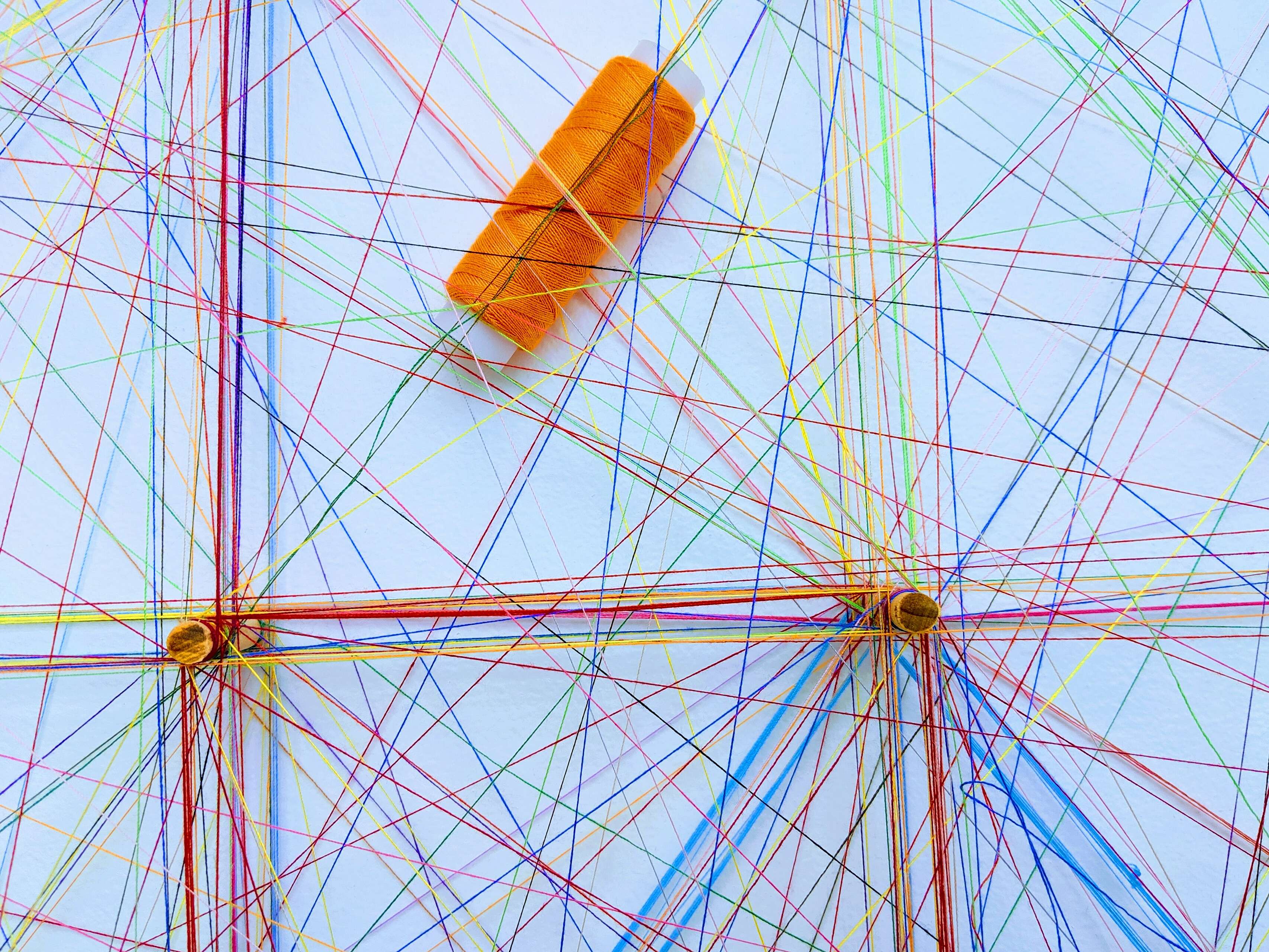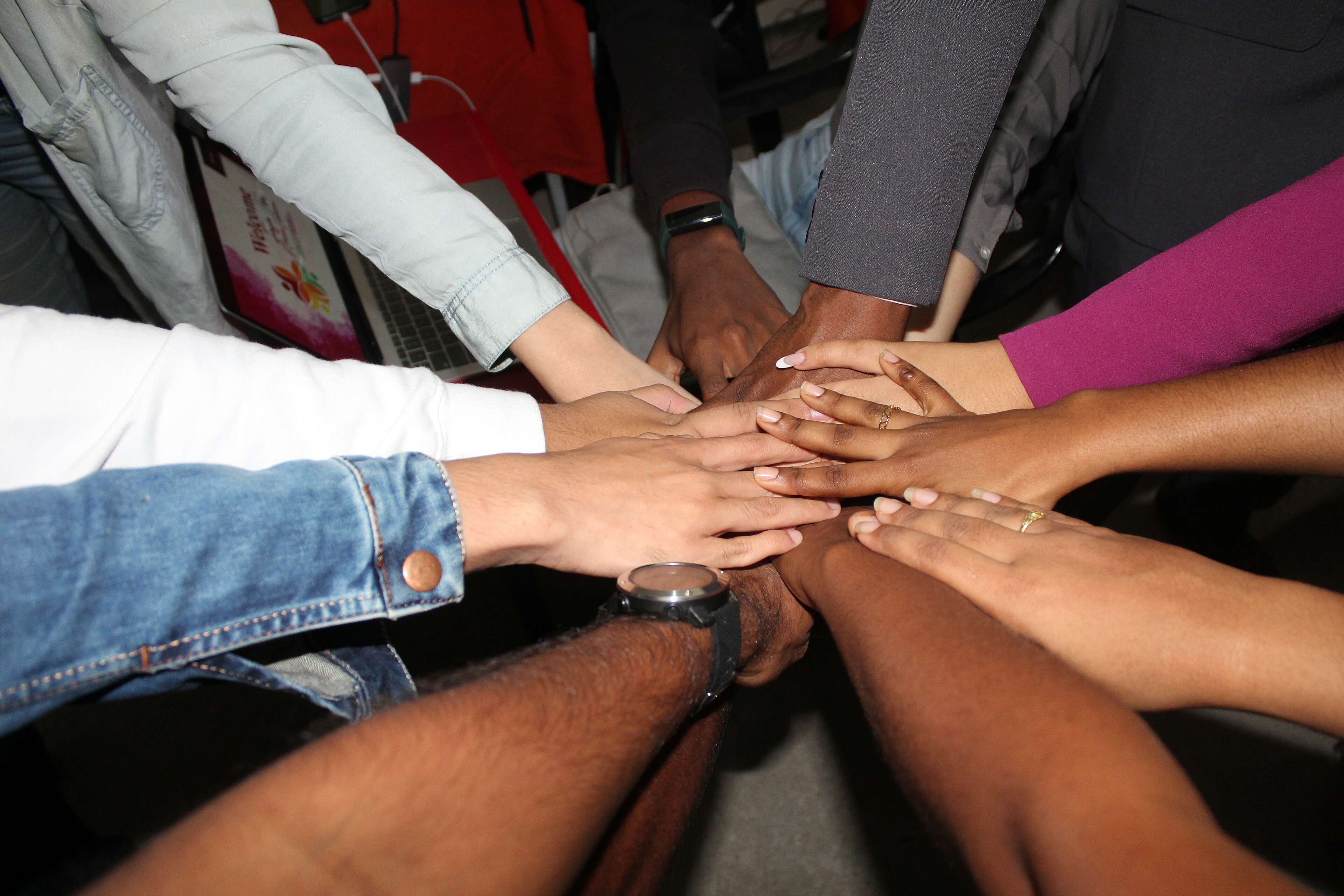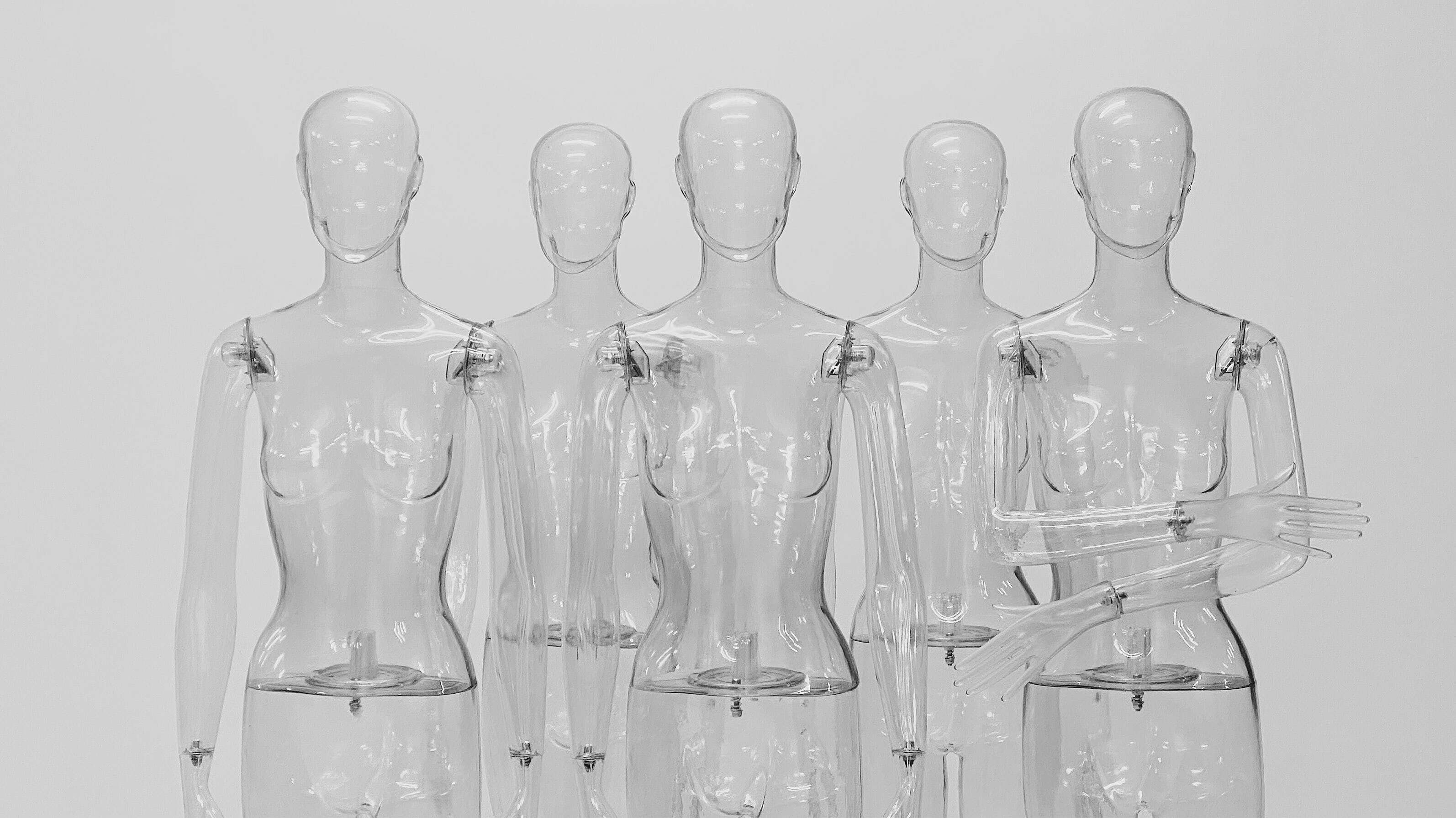A buzzword thrown a lot these days is DAO. In this post, I will dig into the brief history of DAOs, their promises, and explore if they really help us collaborate better together.
What is a DAO in the first place? This Wikipedia article goes into detail, but in general, it is an organization represented by a computer program that is transparent and not influenced by a central authority, thus not requiring trust in any organization or any of the other participants in the DAO. Instead of company bylaws, you have a computer code that governs the company. I believe one of the reasons why DAOs are getting so much attention these days is because people start to identify more and more with the values of "transparency", "decentralization" and "autonomy" in the context of human collaboration. These are great values for sure. Initially, I got involved in DAOs because of the promises that DAOs make. But let's look at how exactly DAOs try to commit to those values and what processes they implement in order to pursue them.
What is a DAO in the first place? This Wikipedia article goes into detail, but in general, it is an organization represented by a computer program that is transparent and not influenced by a central authority, thus not requiring trust in any organization or any of the other participants in the DAO. Instead of company bylaws, you have a computer code that governs the company. I believe one of the reasons why DAOs are getting so much attention these days is because people start to identify more and more with the values of "transparency", "decentralization" and "autonomy" in the context of human collaboration. These are great values for sure. Initially, I got involved in DAOs because of the promises that DAOs make. But let's look at how exactly DAOs try to commit to those values and what processes they implement in order to pursue them.
Transparency
Photo by Anh Tuan To on Unsplash
One of the most important ingredients for successful collaboration in companies and groups is transparency. Too many times I have argued with higher management that there is not enough transparency in the organizations I've been part of. The lack of transparency robs people of the ability to understand the context and the big picture. It is not enough to say what needs to be done. People need to know why it needs to be done. They need to see the data behind the decisions being made. Successful, well-working companies make the data available to everyone in the company. Even financial data, which is usually taboo in many organizations is freely available on dashboards for everyone to analyze and see for themselves. And the lack of transparency inevitably leads to disengagement from work. But how DAOs solve this exactly? By making all transactions in the DAO public and making the computer code that governs the DAO open-source.
Unfortunately, this misses the point. By a lot.
There are very few people who can read and understand code and especially the code that makes the DAO possible. If you are a programmer you might be one of those people, but the majority of people on this planet aren't. So the claim that making a computer code open-source will somehow make the company rules transparent is out of touch with reality. On top of that, I would argue that not even the people that write the code themselves are fully aware of what the code can do. This was the case with the first DAO that was built on top of the Ethereum blockchain, called "The DAO". (Disclaimer: This was the first and only DAO I have been part of.) The DAO launched on April 30 2016 and very soon raised US$150 million, from more than 11,000 investors. In May, there was a paper published that showed a number of vulnerabilities in the code of The DAO. Several researchers after that pointed to the same vulnerabilities and by June 14th, fixes have been proposed and were waiting to be approved by the members of the DAO. Three days later, these same vulnerabilities were being exploited by a "hacker" and The DAO was drained with 3.6 million Ether - around a third of the 11.5 million Ether that had been committed to The DAO - valued at the time at around $50M (you can do the calculations how much is that in today's ETH price). So to reiterate why open source is not equal to transparency at all - 11,000 people subscribed to be investors in the company. The code of the DAO was available to all of them to read. The most clever minds in the blockchain world wrote that code. Yet, the code had vulnerabilities, which led to the "hack". So the claim that just open-sourcing a computer code is enough to provide transparency to how exactly that code works is extremely naive. You can't possibly know how the code works, because it is code! And code by its very nature has bugs and side effects that not even the creators of the code can predict. Some people even said that the "hack" was not a hack at all, because the person that exploited the vulnerabilities in the code used part of it that all participants in the DAO voluntarily agreed to use. Remember - there was no legal contract that was governing the DAO. The code itself was that contract. So ethics aside, the "hack" (and this is why I am using quotes around the word here) was not really a hack. It was simply someone using the code as it was written and agreed upon by everyone else. By the way, while I was writing this blog post, another DAO got hacked.
Decentralization, autonomy, and self-management

Photo by Omar Flores on Unsplash
DAOs promote autonomy, decentralization, and self-management. Again, these are great processes and values to have in an organization. Daniel Pink, in his book "Drive", introduced autonomy, together with mastery, and purpose as the main intrinsic motivational factors. In other words, people seek autonomy in their work. Without autonomy, we feel micromanaged and we quickly lose intrinsic motivation. DAOs are designed in such a way, that they give full autonomy to their participants. In DAOs no single person or entity can give you orders about what to do. When something important needs to be decided, everyone casts their vote on a proposal and the proposal is either accepted or declined. Everyone has an equal say. Everything is decentralized. Everything is great. But in the case of The DAO above, you can notice something strange - almost a month has passed since the vulnerabilities in the code were discovered and the time that the hack actually happened. There was even a proposal to fix those vulnerabilities a few days prior to the attack, but the proposal never got accepted. Why is that? Well, simply because part of the design of any DAO is not allowing any single individual to make changes to how a DAO (and respectively the code) works. The only way to change the rules of the DAO is to make a proposal, wait for the majority of the users in the DAO to cast their votes and then the proposal can either be approved or declined and the changes can either go into effect or not. This as you can see can literally take months and years. And here, again DAOs miss the point of what "decentralization" and "autonomy" actually mean. Anyone involved in self-management will tell you that consensus is probably the worst possible way to decide something as a group. Mostly because it is ineffective in terms of speed - it is extremely slow, and it also produces mediocre results. When speed is needed, there are other, better ways for autonomous groups to decide together. And people have been practicing some of these methods for many years now. Also, when we work in companies, we need to change the processes and agreements of the company almost on a daily basis. This happens all the time. Does an agreement need to be improved? No problem - anyone can propose a change and everyone else can consent to that change. This is one of the best things about self-managing companies - their ability to evolve and grow steered by the input of anyone in the company. The easier it is to change these agreements, the easier it is for the company to adapt. But in DAOs this is extremely slow and sometimes even impossible. Imagine having to wait months and years in order to change a simple agreement, because the agreement is the code and the code is the agreement. And to change the code... well... you are out of luck here.
Trust

Photo by Rineshkumar Ghirao on Unsplash
Finally, let's talk about trust in the context of human collaboration. DAOs also claim that they are "trustless" organizations. By eliminating the need for trust through blockchain and crypto protocols, we don't need to trust any single party in the DAO. But unfortunately, trust is the basis of all human collaboration. Claiming that we don't need trust, just because the blockchain protocols don't require it is like saying "you don't need to floss, because no law requires it". And I completely understand why people wish this was true. Trust is messy. Trust is hard. Trust can be painful when we lose it. Trust is invisible and can't be measured. To trust someone means to be vulnerable. But sweeping it under the rug, hoping that it won't be needed for group collaboration completely ignores how human collaboration actually happens in the first place. In the "Five dysfunctions of a team" Lencioni says that the absence of trust is the main dysfunction in any team and it is at the base of his pyramid of dysfunctions. Without trust, there is no collaboration at all.
So what exactly DAOs are good for and what can we get from them.
I above all should be really into DAOs. And in fact, I was because DAOs were the epiphany of everything I believed in - the perfect mix of technology and decentralized self-managed companies. But my views changed once I experienced how DAOs work in practice.
When it comes to human collaboration, I am skeptical that DAOs solve something that can't be quite easily solved otherwise. Self-managing companies which are autonomous and decentralized have existed for decades without the need for any special technology behind them. Cooperatives, which are also autonomous decentralized organizations have existed for centuries without the need for blockchains. We tend to believe that every world or human problem can be solved with technology nowadays, but unfortunately, some problems can't. Trying to remove the messy parts of being a human by using computer code, blockchains and crypto doesn't really work. And this is because human collaboration is above all... human.
